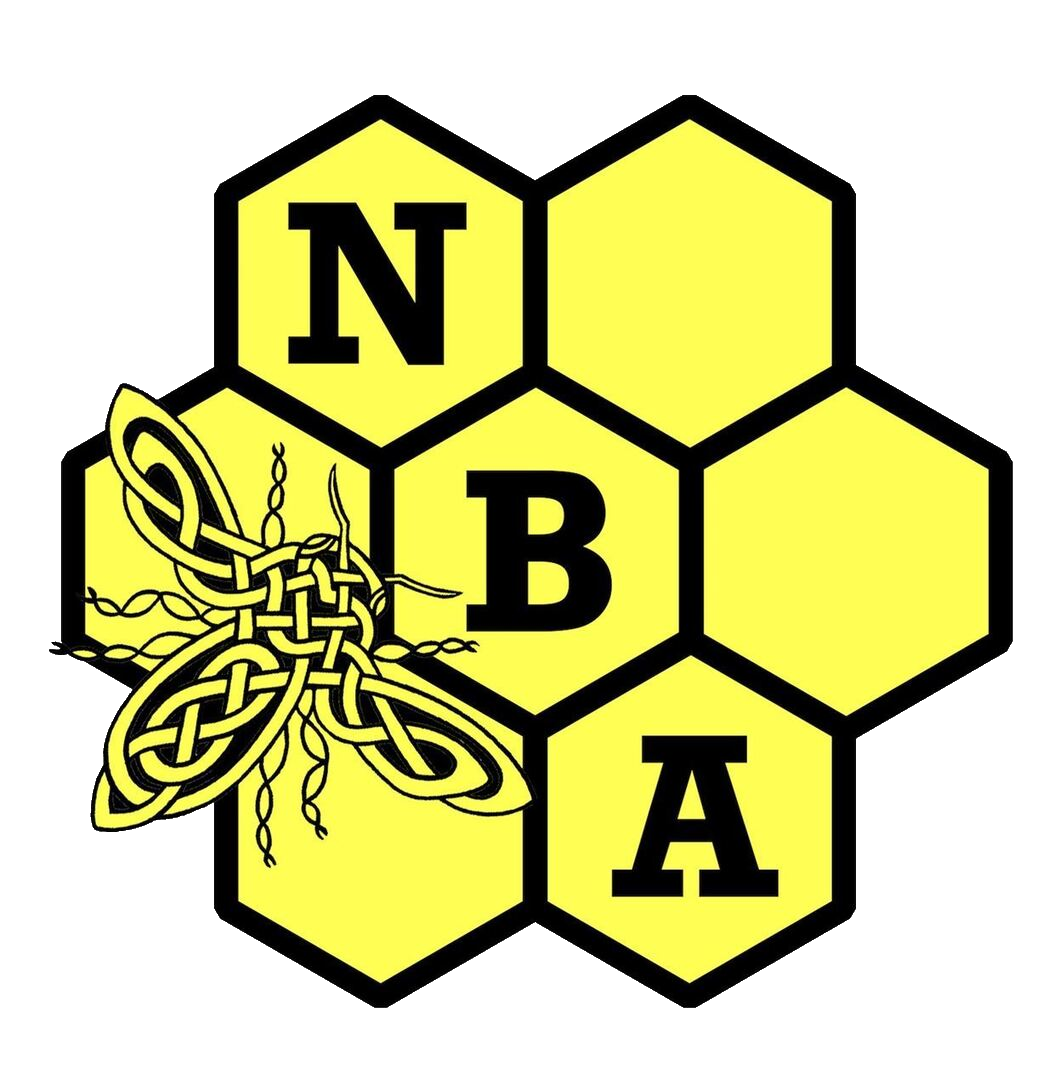Bee-Blog posts
-
10 May 2025 17:49
-
07 May 2025 13:16
-
04 May 2025 08:23
-
29 April 2025 13:58
-
24 April 2025 16:04
-
19 April 2025 12:01
-
18 April 2025 12:08
-
01 April 2025 10:25
-
28 March 2025 14:09
-
28 March 2025 12:01
-
27 March 2025 17:17
-
25 March 2025 09:54
